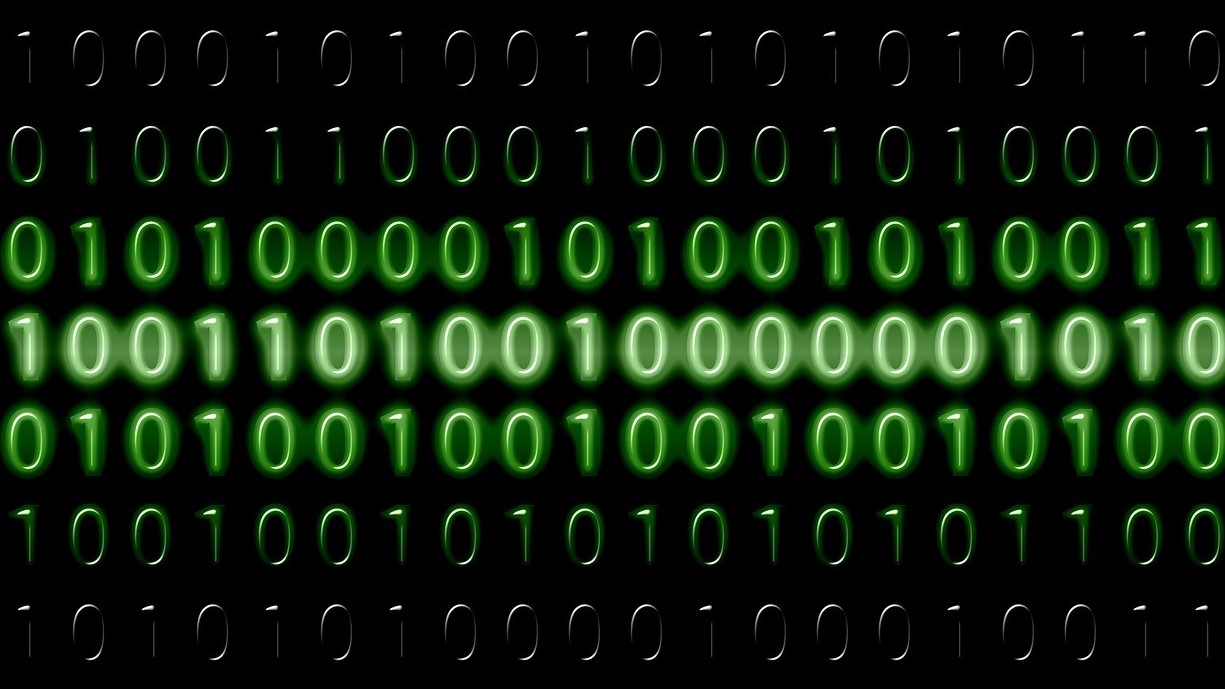What is digital transformation?
Taking your business to the digital edge requires some serious changes

Digital transformation refers to the incorporation of digital technology across all areas of a business, changing how the business operates. This is a powerful concept, which businesses that want to be on the cutting edge embrace, and it's increasingly essential as the Constellation Research 2017 Digital Transformation Study indicates that “64% of organizations recognize digital transformation as essential to driving profits.”
While the need for digital transformation is clearly present, with so many different types of businesses, the process of digital transformation will be quite unique at each organization.
Changing company culture
Realize that digital transformation is more than just handing out smartphones to employees. Rather, it requires a change in culture at an organization, at all levels from the CEO down to the rank and file employees, and across all departments to successfully implement; this requires employee and manager buy-in throughout the process.
Digital transformation goes beyond simply injecting some digital into the business model. For example, adding a digital app, changing to a digital phone system, or choosing a business analytics vendor are really extensions and optimizations of existing services, while transformation goes more fundamentally to the heart of the organization that digital transformation is referring to. It is rather referring to new revenue streams in the digital space, such as new ventures with spinoff companies, or the creation of new digital units, in some cases into a totally new industry.
Given the difficulties of such transformational change, it would follow that many organizations struggle with this, and only a minority of them actually can transition to this ‘digital culture.’
Digital trends
Under this umbrella of digital transformation, are the digital trends that businesses are gravitating towards. There are several, and most businesses do not have the need implement them all simultaneously, but current trends include:
- Business analytics - Business intelligence tools are able to spot trends in the data to give businesses a competitive edge. Implementation is high, and poised to be be deployed at a majority of businesses.
- Fog computing - With the recent push to the cloud computing model over the last few years, fog computing is an attempt to bring analytic computing power to the edge of the network. This allows for more efficient use of the network, and the ability to spot data trends sooner.
- Business blockchain - This is an emerging area, that takes the value of the blockchain that powers today’s cryptocurrency, namely a distributed digital ledger that is simultaneously transparent and immutable, and applies it to storing critical data across a variety of diverse industries.
- Augmented reality - Virtual reality for business applications has become passé, with its steep hardware requirements, and complexities. Rather, augmented reality has less of a barrier to entry, while still offering endless possibilities, from training, to selling new products, and gaming applications.
- AI - Artificial intelligence allows computers to update their algorithms to include new data on their own. Businesses are now using this technology for a variety of applications from virtual chatbots for customer service interactions, to autonomous driving and curated music streaming.
- DevOps - This is the unified approach to software development and the implementation of its operation, along with a dash of quality and security for good measure. DevOps is the modern approach to developing software, but requires a healthy dose of cultural change as well to be successful.
- Cloud everywhere - While the query used to be if your business requires a public cloud provider, now the question to be asked is how many cloud providers are needed, and the answer increasingly is more than one with a multicloud solution.
- IoT - The Internet of Things continues to promise a larger and more powerful ecosystem of data generating sensors and devices. Businesses should be poised to take advantage of IoT-enabled commerce that offers improved ways to manage product replenishment subscription services for consumables monitoring when the next order is actually needed, such as for a spent inkjet cartridge or dishwashing soap for a connected dishwasher.
- 5G - Mobile networks have already changed the world, offering constant connectivity to folks on the move. Next generation 5G mobile networks, due to arrive over the next year or two, promise wireless Gigabit connectivity that could be disruptive with Gigabit speeds combined with mobile technology that can compete with wired broadband, and plans already underway to stream live TV over a 5G connection.
- We also discuss private cloud in greater detail here
Are you a pro? Subscribe to our newsletter
Sign up to the TechRadar Pro newsletter to get all the top news, opinion, features and guidance your business needs to succeed!
Jonas P. DeMuro is a freelance reviewer covering wireless networking hardware.